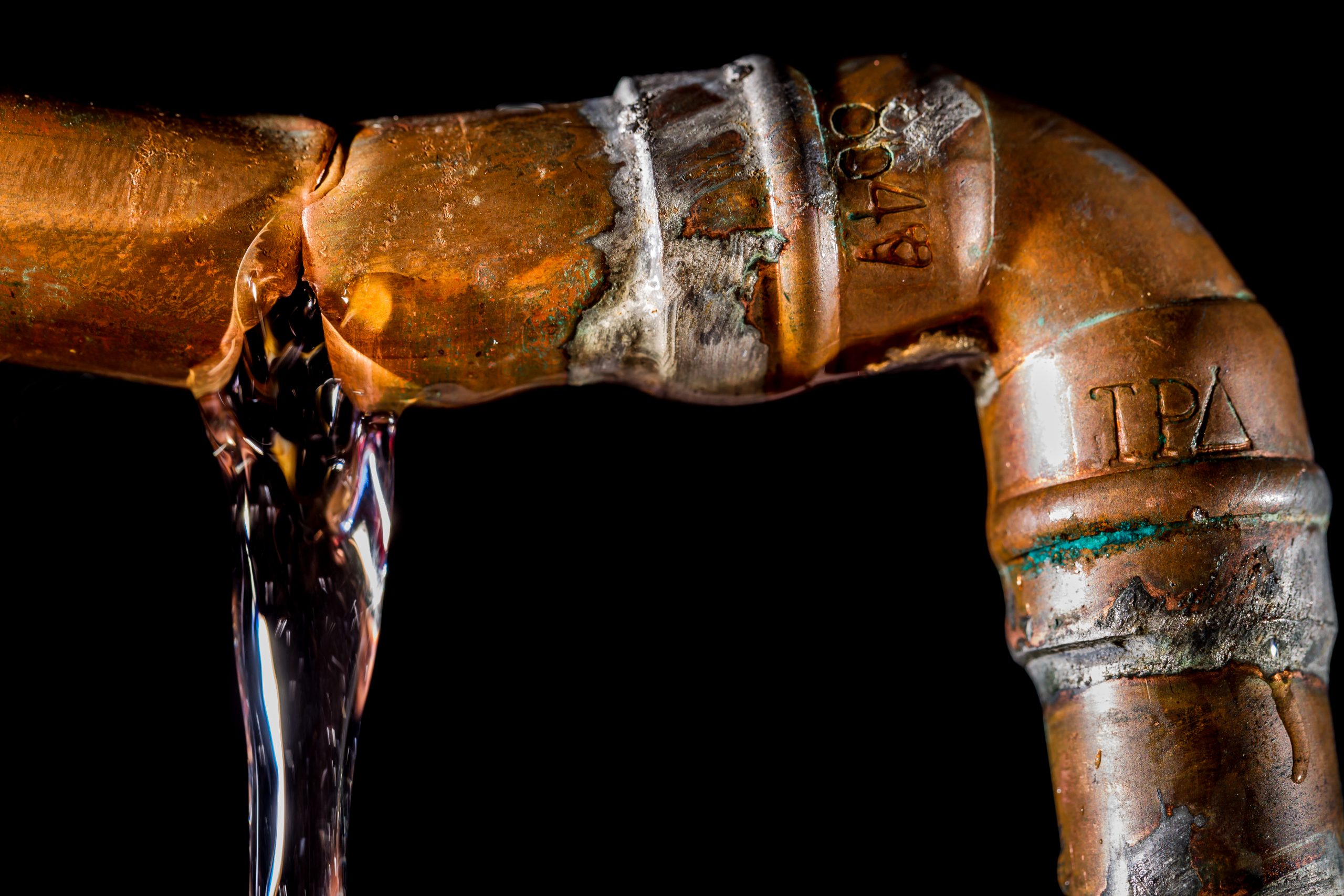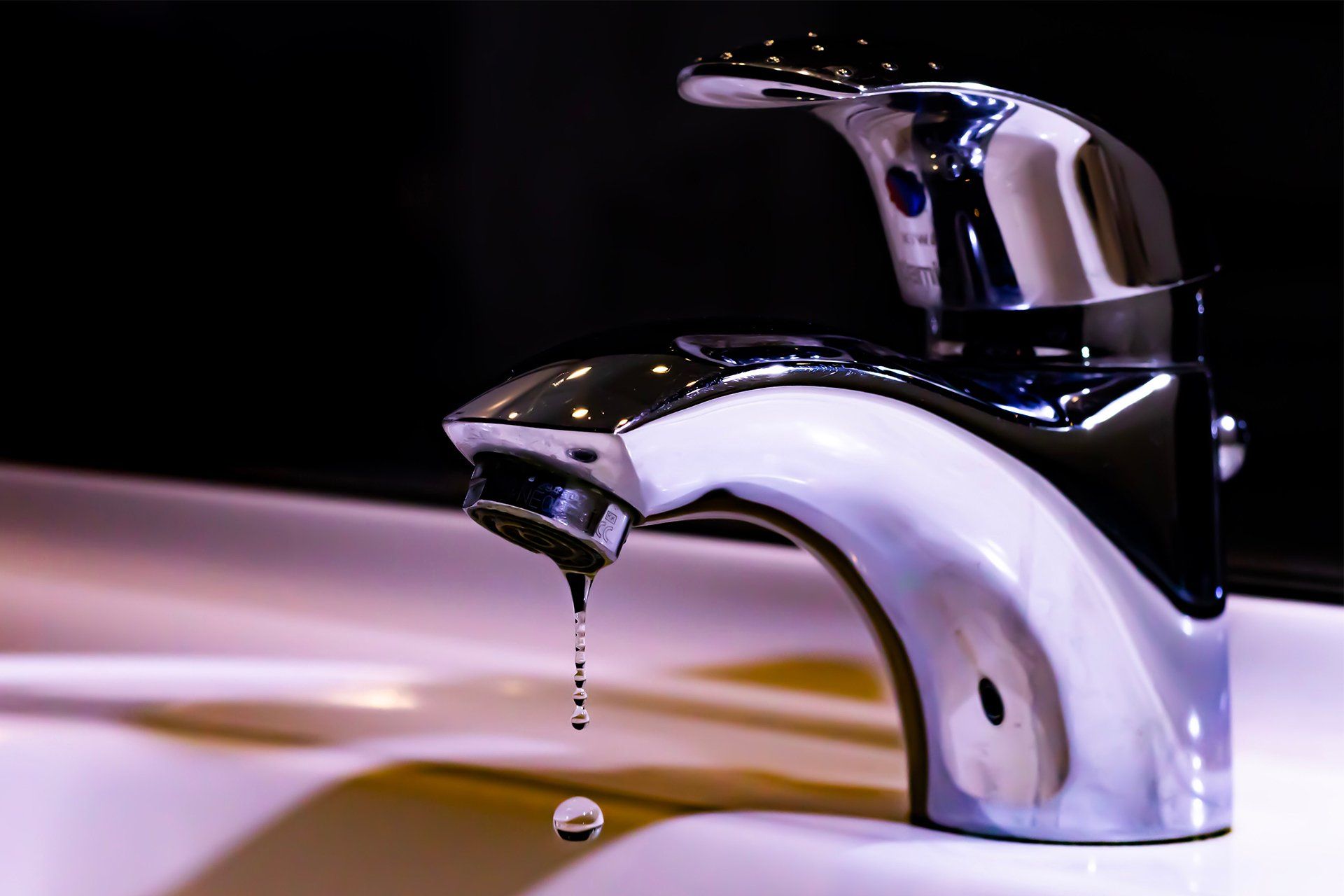5 Winter Hacks to Safeguard Your Pipes from Frigid Weather Bursts
5 Winter Hacks to Safeguard Your Pipes from Frigid Weather Bursts
Blog Article
Just about every person has got his or her own way of thinking on the subject of How to Prevent Frozen Pipes.

All house owners who live in temperate environments must do their best to winterize their pipes. Failing to do so can mean calamity like frozen, broken, or ruptured pipelines.
Turn On the Faucets
When the temperature declines and also it appears as if the freezing temperature level will last, it will certainly help to switch on your water both inside as well as outdoors. This will certainly keep the water moving through your plumbing systems. In addition, the motion will slow down the cold process. Especially, there's no requirement to turn it on full force. You'll end up throwing away gallons of water in this manner. Instead, aim for regarding 5 drops per min.
Open Up Cabinet Doors Hiding Plumbing
When it's cold outside, it would certainly be useful to open cabinet doors that are camouflaging your pipes. Doing this small trick can keep your pipes cozy and restrict the potentially harmful results of freezing temperature levels.
Take Some Time to Wrap Exposed Piping
One great and very easy hack to warm up frigid pipelines is to cover them with cozy towels. You can cover them initially with towels. After safeguarding them in position, you can pour boiling water on the towels. Do it gradually to allow the towels take in the liquid. You can likewise use pre-soaked towels in hot water, simply do not fail to remember to wear safety handwear covers to secure your hands from the warm.
Try a Hair Clothes Dryer or Warm Weapon
When your pipelines are practically freezing, your trusty hair clothes dryer or warm gun is a blessing. If the hot towels do not assist remove any type of settling ice in your pipes, bowling hot air straight into them might help. Do not make use of other items that produce direct fires like a blow lantern. This can result in a bigger calamity that you can not control. You may wind up destructive your pipes while attempting to thaw the ice. As well as in the future, you may also wind up shedding your residence. So be careful!
When Pipelines are Frozen, shut Off Water
Switch off the main water valve promptly if you notice that your pipes are totally icy or almost nearing that stage. You will normally discover this in your cellar or laundry room near the heating system or the front wall closest to the street. Turn it off today to stop further damage.
With even more water, more ice will load up, which will eventually lead to burst pipes. If you are not sure regarding the state of your pipelines this wintertime, it is best to call a professional plumber for an examination.
All property owners that live in temperate environments need to do their finest to winterize their pipes. Failing to do so can spell catastrophe like icy, broken, or ruptured pipelines. If the hot towels do not assist remove any type of resolving ice in your pipelines, bowling hot air straight right into them may aid. Turn off the main water valve instantly if you see that your pipelines are completely icy or nearly nearing that stage. With even more water, even more ice will load up, which will ultimately lead to burst pipelines.
PREVENT YOUR PIPES FROM FREEZING THIS WINTER
A Leading Cause of Property Damage
When the weather is taking a deep nose dive into the cold dreary days, the risk of your pipes freezing and potentially bursting skyrockets. Unfortunately, during these cold dreary months, burst pipes are the most common denominator for property damage. The pipes that are most at the risk are those that are in areas where it is most cold in your home. For instance, pipes located in interior places such as basements, attics, and your garage. Unfortunately, that doesn’t mean that the pipes running through your cabinets or exterior walls can’t freeze. Good news, however, is that you can do things to help prevent pipes from freezing.
How to Prevent Pipes From Freezing
Once the temperature starts to drop during the winter, you should be taking the proper measures needed to ensure that your pipes stay warm and that there is circulation of water through them. Some steps that experts may recommend could go against your better judgement when it comes to saving water and heat. However, it would go without saying that when expenses are compared, damaged pipes could put a bigger dent in your wallet than a water bill.
What Can I Do?
Keep your garage door closed. This is very important, especially if you have water supply lines running through your garage. Open your kitchen and bathroom cabinets to allow warm air to circulate through them. Allow air circulation throughout your home. Keeping the interior doors open will once again allow the warm air to circulate inside your home. Ensure your thermostat is running the same temperature throughout the night and day. If you plan to be away from home during the cold months, set your temperature no lower than 55° F. This should provide enough heat to keep the pipes warm and prevent any remaining water inside the pipes from freezing. For more of a long-term solution, add insulation to attics, basement, and other crawl spaces around your home. By allowing your faucet to drip, it will alleviate pressure in the system. This is important because the pressure that is created between the blockage and the faucet can potentially cause the pipes to burst. Allowing the faucet to drip will prevent the pressure from building up, therefore keeping the pipes from bursting. Seal any cracks, openings, and crawl spaces around your home to prevent cold air from coming inside. This keeps your pipes-not to mention your home-warmer and less susceptible to issues caused by freezing temperatures. For the pipes in your home that are easily accessible, applying electrical tape to them might prevent them from freezing over. This is a quick fix, as you can apply the tape directly to the pipe. There are two options for heating tapes. One turns on and off by itself when it senses heat is needed. The other type of heating tape needs to be applied when heat is needed and removed when not necessary. If you have exposed pipes in your home, you can check this website to take a look at a few options that would be available at a shop near you.

As an enthusiastic person who reads on How to Prevent Frozen Pipes, I imagined sharing that piece of content was sensible. Do you know about someone else who is intrigued by the topic? Why not promote it. Thanks a bunch for your time. Visit again soon.
Book An Estimate Now Report this page